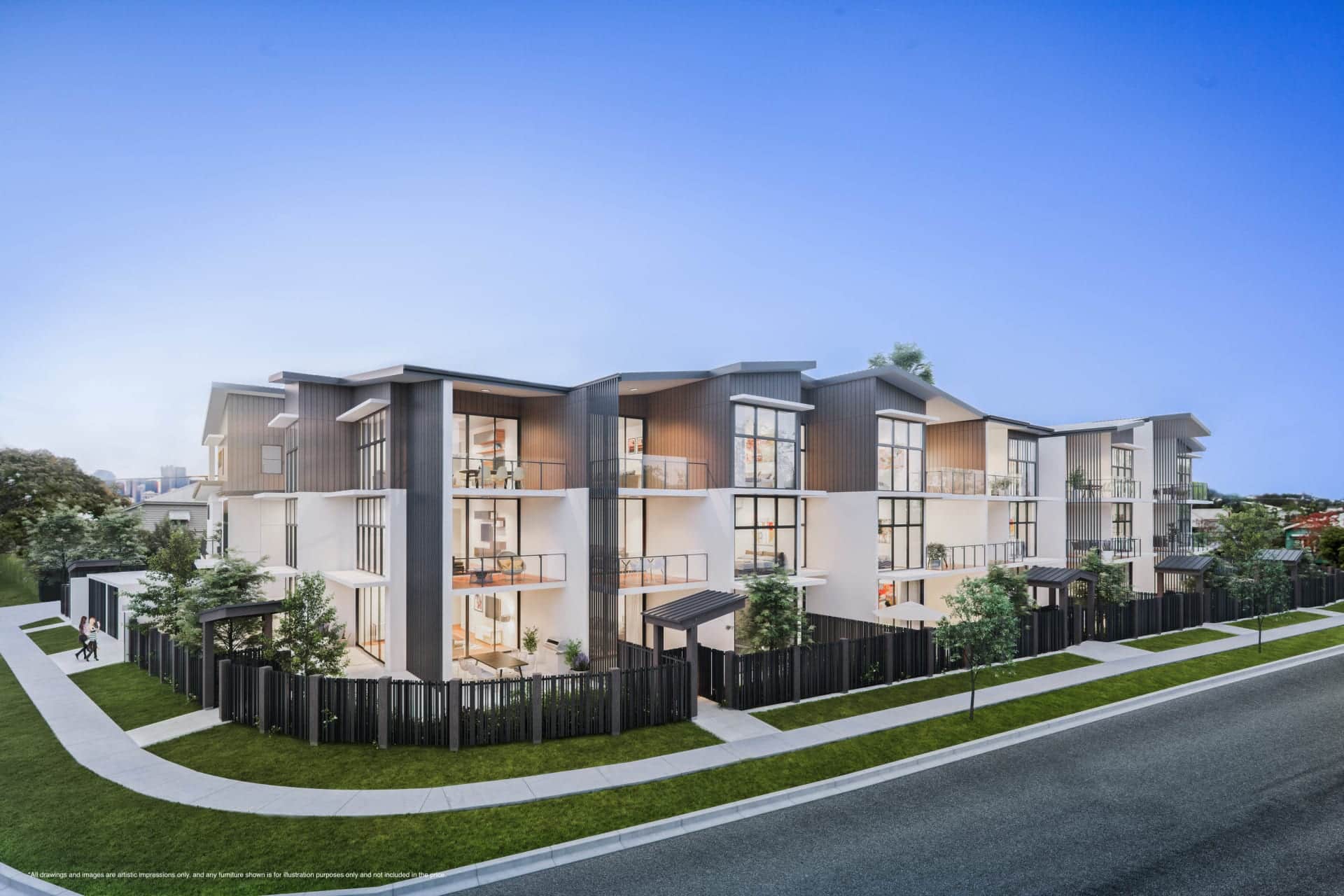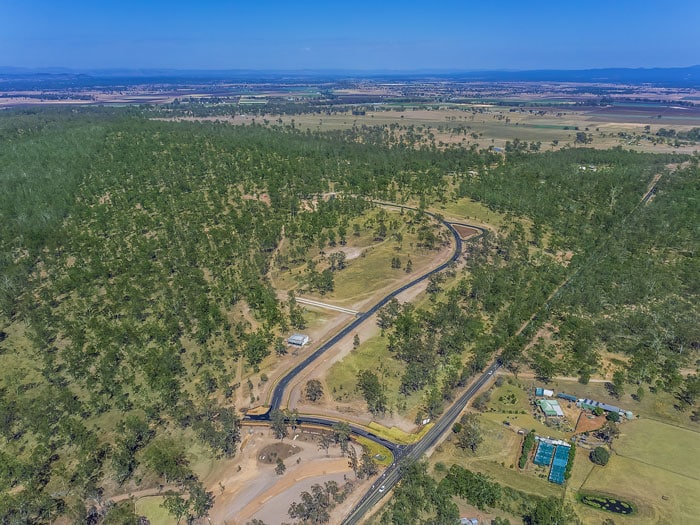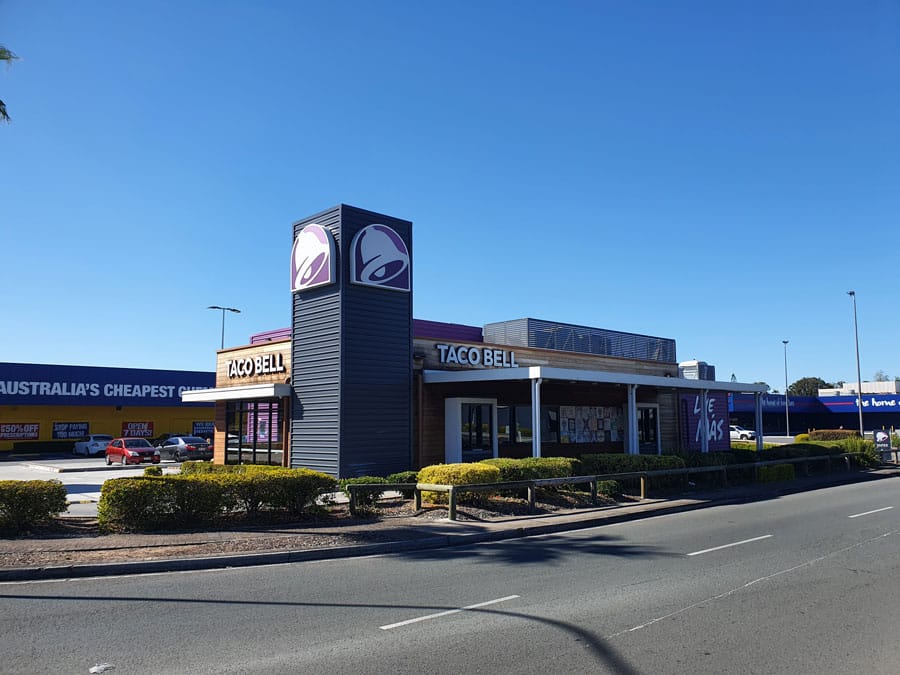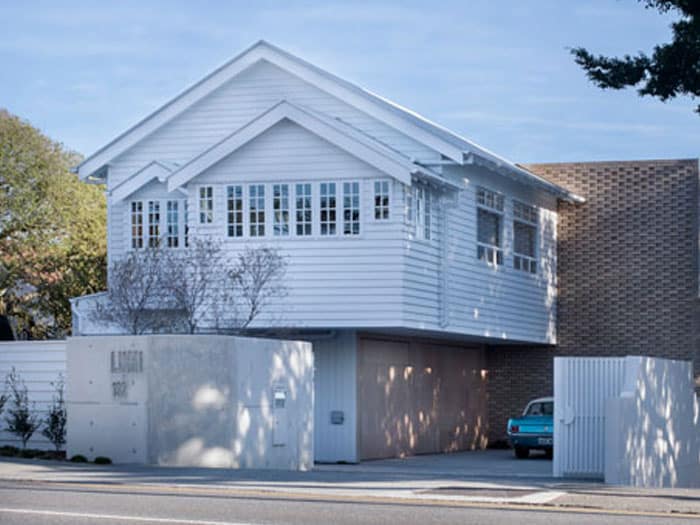Most Trusted Town Planning Brisbane
Trusted By













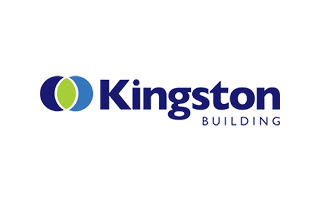


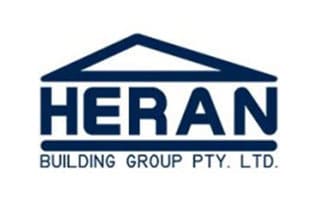




Experienced Town Planning
At bplanned and surveyed, we have built our reputation as town planners and surveyers through a commitment to trust, honesty and outputs that can be relied upon for our clients. Our town planning Brisbane quotes are comprehensive – providing you with a comprehensive outline of costs and further consultants needed for your project.
It’s essential to make sure that the new changes proposed to the city and its surroundings are in line with strategic development efforts that meet or exceed local council and state government regulations.
Town planners are a pivotal part of this process, helping to bring all of the different components together and assisting to shape our communities.
Call 1300 275 266 to speak to our expert team or submit a quote request online.
Quick links to useful questions on the page:
- Our services range
- What is town planning approval?
- How much does it cost to contract a town planner?
- Do I need a planning approval or a building approval?
- How long do development approvals take?
- What is a Material Change of Use?
- How much are development assessment fees?
- What is RiskSMART approval and does my development qualify in Brisbane, Logan or the Gold Coast?
- Do I need town planning approval to split a lot?
- How our town planners can help you

Our town planning services range
Our range of complete services includes the following with a focus on savings and outcomes:
- Residential Development Approval
- Commercial Development Approval
- Industrial and Mining Development Approval
- Land Subdivision
- Retail & Bulky Goods
- Education and Childcare
- Indoor Sport & Recreation
- Fast Food & Fuel
- Expert Witness Reports
- Ministerial Designation
- Due Diligence Investigation Services
- RiskSMART Applications (accredited for both Brisbane City Council and Logan City Council)
- New Home Development Approvals
- Home Extension Development Approvals
- Units and Townhouse Development Approvals.
- Material Change of Use Applications
- Investigations
- Minor Change Applications
- Other Change Applications
- Pre-lodgement meetings
We provide a range of services to assist with the development process, from preliminary advice to providing reports and assessments to accompany your applications, as well as integrating with our surveying arm of the business.
How much does it cost to contract a town planner?
Rates are going to vary depending on how complex the project is and the amount of input and management required to prepare and lodge the development application to the local Council or State Government. Initial investigations can start from $500 and can rise depending on the complexity of the property constraints and scope of the project.
Examples of tasks that would call for their own fee schedule include:
- Due diligence investigations
- Pre-lodgement meetings
- Material change of use
- Reconfiguring a Lot
- Plan sealing
You’ll also likely pay an hourly rate for access to town planners at a senior level and higher. These resources can be crucial to engaging with the local council to ensure the correct approach to the development is undertaken and that the project is assessed against all necessary legislation.
It’s best to give us a call or send us an email so that we can have a look at what you are wanting to propose and then provide you with a fee proposal to undertake the required works.

Do I need development approval or building approval?
Development approval is required where a proposed development is triggered under the local government planning scheme to be assessed by Council.
It is important to ensure that all the relevant sections of the planning scheme are addressed so that the Council will support the proposal. This is where experienced and qualified town planners can assist to make the process run efficiently.
As town planners we know which sections of the planning scheme are relevant to the proposal and address each issue to Council.
Building approval is issued to allow the building project to proceed. In some cases, development approval will be required prior to obtaining building approval. Building approvals are undertaken by Building Certifiers.
How long do development approvals take?
The time to receive an approval can vary depending on the type of project and the complexity. For example, a typical code assessable development application can take approximately 30 days to receive approval. More complicated approvals which may be impact assessable can take more like 4-6 months.
However, engaging us as your expert town planner will ensure that the development application is prepared to a very high standard. This will ensure that timeframes are reduced as Council or State Government will be provided with a thorough development application up front and we will manage the process to reduce the time frames as much as possible.
Frequently Asked Questions About Town Planning in Brisbane
What is a Material Change of Use?
A Material change of use, of premises, means any of the following that a regulation made under section 284(2) (a) does not prescribe to be minor change of use —
(a) the start of a new use of the premises;
(b) the re-establishment on the premises of a use that has been abandoned;
(c) a material increase in the intensity or scale of the use of the premises.
What is a Reconfiguring a Lot?
Reconfiguring a lot is defined in the Planning Act 2016 (QLD) as being any of the following:
(a) creating lots by subdividing another lot; or
(b) amalgamating 2 or more lots; or
(c) rearranging the boundaries of a lot by registering a plan of subdivision under the Land Act or Land Title Act; or
(d) dividing land into parts by agreement rendering different parts of a lot immediately available for separate disposition or separate occupation, other than by an agreement that is—
(i) a lease for a term, including renewal options, not exceeding 10 years; or
(ii) an agreement for the exclusive use of part of the common property for a community titles scheme under the Body Corporate and Community Management Act 1997; or
(e) creating an easement giving access to a lot from a constructed road.
We have extensive experience in managing subdivisions from splitter blocks to large 100+ lot subdivisions through to completion.
How much are development assessment fees?
The development assessment fees depend on the type and size of the development proposal. The fees are set by the Brisbane City Council and are subject to change.
As of July 2023, the Brisbane City Council’s Development Assessment Fees are as follows:
| Type of the fee | Cost |
| Pre-lodgement meeting | $1056 |
| Minor development i.e car port, swimming pool, deck | $660 |
| Development application for extensions to a dwelling house | $1320 |
| Development application fee for a new dwelling house or referral agency to building work – Brisbane City Plan 2014 | $2112 |
| Referral agency to building work – QLD Development Code siting variation | $660 + $660 for each performance criteria after one |
| Reconfiguration of a lot (subdivision) | $3960 up to two lots + $792 per lot – 3-30 lots |
| Multiple dwelling – apartments, townhouses, flat, units | $8052 up to two units + $660 for two – 70 units |
| Development Assessment Charge Area – Commercial, industrial, offices, shops, warehouse | Base fee up to 50m2 is $5148 + $528 per 100m2, or part thereof to 2050m2 + $396 per 100m2, or part thereof greater than 2050m2. |
The above fees are to be used as a guide only, and it is recommended to check with the Brisbane City Council for the most up-to-date information on development assessment fees and any other relevant fees that may apply to your specific development proposal.
What is town planning approval?
Town planning approval is the process of obtaining approval from the Brisbane City Council for a proposed development to occur. The town planning approval process ensures that development is carried out in a manner that is consistent with the Brisbane City Plan 2014 (or local Council), which sets out the planning policies and regulations for the city.
The town planning approval process involves submitting a development application to the Brisbane City Council. The application must include detailed information about the proposed development which addresses all of the relevant local planning and state government regulations. Often we are also required to engage other professionals such as architects, building designers, engineers, ecologists to prepare plans or reports to support our development application. The council then assesses the application against the relevant planning policies and regulations, and in some cases will require referral to state government agencies for assessment too.
The assessment process considers a range of factors, including the impact of the development on the local environment, traffic, parking, and the character of the neighbourhood. If the development application is Impact Assessable the application will also be subject to public notification which gives the community the opportunity to lodge a submission in favour or against the development. This may also influence the outcome when Council makes a decision.
Once the application is approved, the developer must comply with any conditions in the development approval. Failure to comply with these conditions may result in enforcement action, including fines or legal action.
What is RiskSMART approval?
RiskSMART is a fast-tracked development assessment process offered by the Brisbane City Council in Queensland, Australia. It is designed to expedite the development application process for low-risk and straightforward development proposals, such as minor building extensions, home renovations, and small-scale commercial developments.
The RiskSMART approval process involves the developer engaging a private sector town planning consultant to assess the proposed development against the relevant planning regulations and policies. The consultant then lodges the development application with the Brisbane City Council on behalf of the developer. The council aims to assess RiskSMART applications within five business days, compared to the standard 20 business days for a regular development application.
To be eligible for RiskSMART approval, the proposed development must meet certain criteria, including:
- It must be consistent with the relevant planning scheme and policies.
- It must not have a significant impact on the local environment or neighbourhood character.
- It must not require any significant infrastructure or public works.
The benefits of the RiskSMART process include a faster turnaround time for development applications, and improved certainty for developers. It also benefits the Brisbane City Council by reducing the number of low-risk development applications that require assessment, allowing them to focus on more complex and high-risk proposals.
It is important to note that not all development proposals are eligible for RiskSMART approval. It is recommended that you contact us to determine if your proposed development is eligible for the RiskSMART process.
Do I need town planning approval to split a lot?
How our town planners can help you
Brodie Fowler and Daniel Zilli are the two trusted and experienced Directors behind bplanned and surveyed’s consultants.
From first contact, Brodie will be available to guide you through the planning process to ensure you understand your options. As the founding director of bplanned & surveyed, he is a highly networked and commercially minded town planner.
With more than 15 years of experience in the State Government and private sector, Brodie has delivered high quality residential, commercial, community and industrial projects for his clients throughout Queensland and northern New South Wales.
With industry experience, as well as having undertaken his own developments, Brodie can talk you through:
- getting the greatest development potential out of your project/property
- the full picture of the process – how long it may take and what other resources you may need
- identifying cost/time saving opportunities
- and flagging any potential issues early
Daniel, and our team of town planners, will then oversee your project. Dan leverages his strong negotiation and conflict resolution skills, demonstrated in his council, private industry and current managerial roles, to offer you outcome-focused advice, particularly for complex projects.
As a Director at bplanned & surveyed, he has over 18 years of experience as a consulting town planner and project manager in the private sector. Based in Brisbane, Daniel specialises in providing high-quality, commercial advice to the urban development sector operating in Queensland.
Daniel’s specialties include:
- Development Approval Negotiation and Strategy Development
- Planning and Environment Legislation
- Development Opportunity Appraisals
- Opportunity Identification
- Renegotiation of existing approvals to improve yield and remove onerous conditions
- Management of projects following planning approval
Call 1300 275 266 to have a chat with them about your needs in Queensland or submit a request for a quote online.




